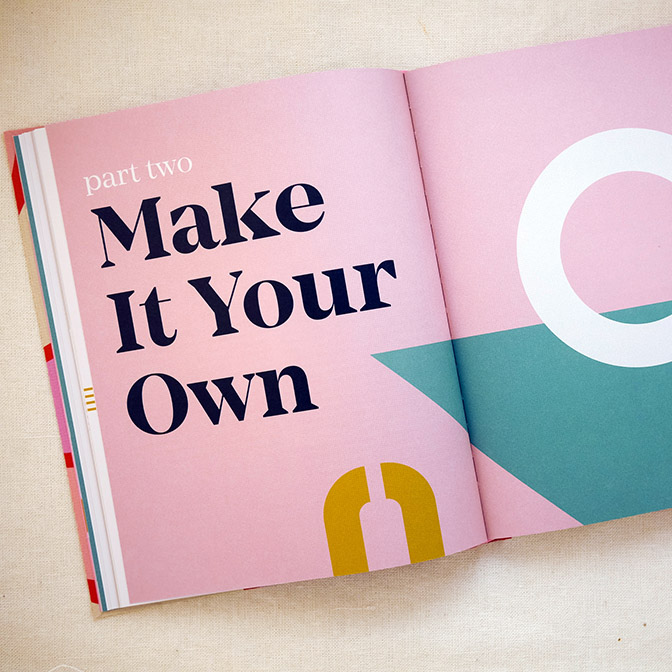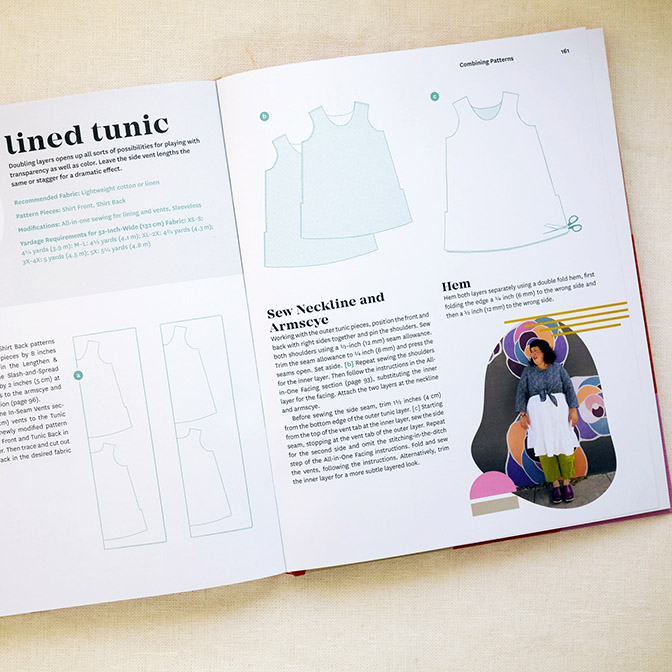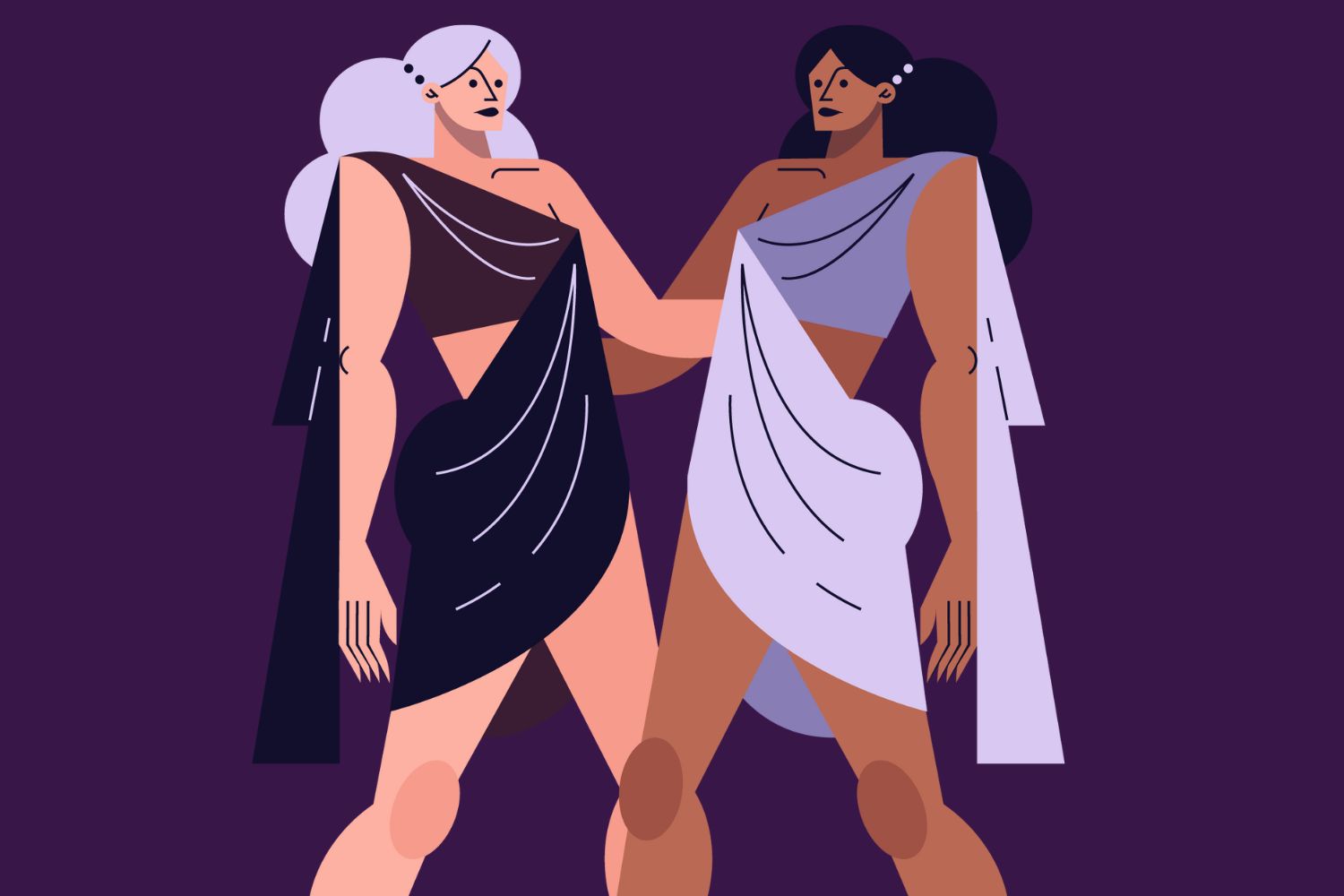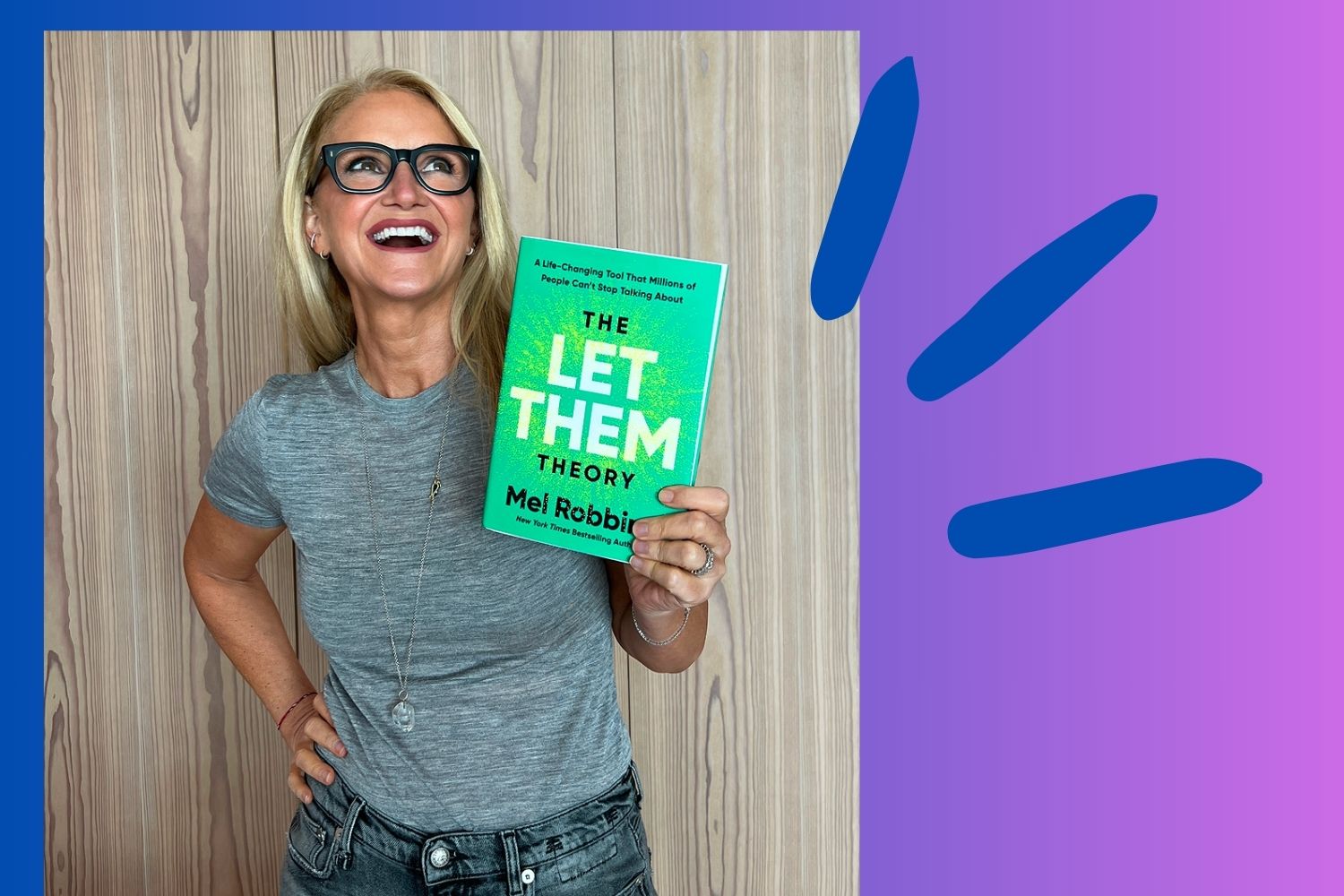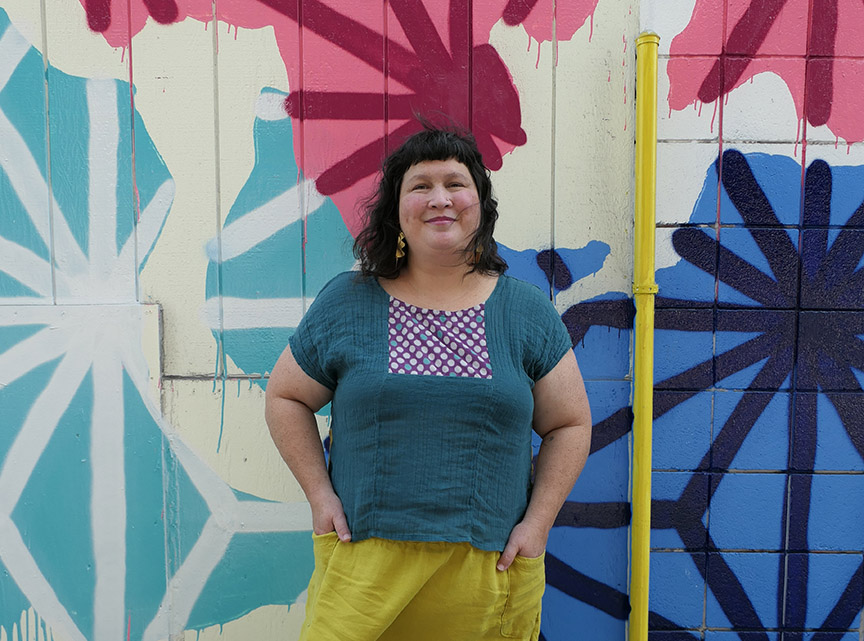
Our bodies, our selvages: Sonya Philip teaches how to sew your own way
Talk about liberating. Sonya Philip remembers the exact moment when she said, “Fuck it. This is who I am. I’m going to honor my true, whole self and tell the world about it.”
In November 2007, she posted a photo of herself on a Flickr group called Wardrobe Remix and wrote:
This is something I have been meaning to do. That and get over my dreaded fear of self-portraits and photos of myself, especially ones where “I look fat.”
Well I am fat. And no amount of disguising or body dysmorphia will change that.
So here’s to having fun with what I have instead of waiting until I lose all that pregnancy/college/teenage/baby fat.
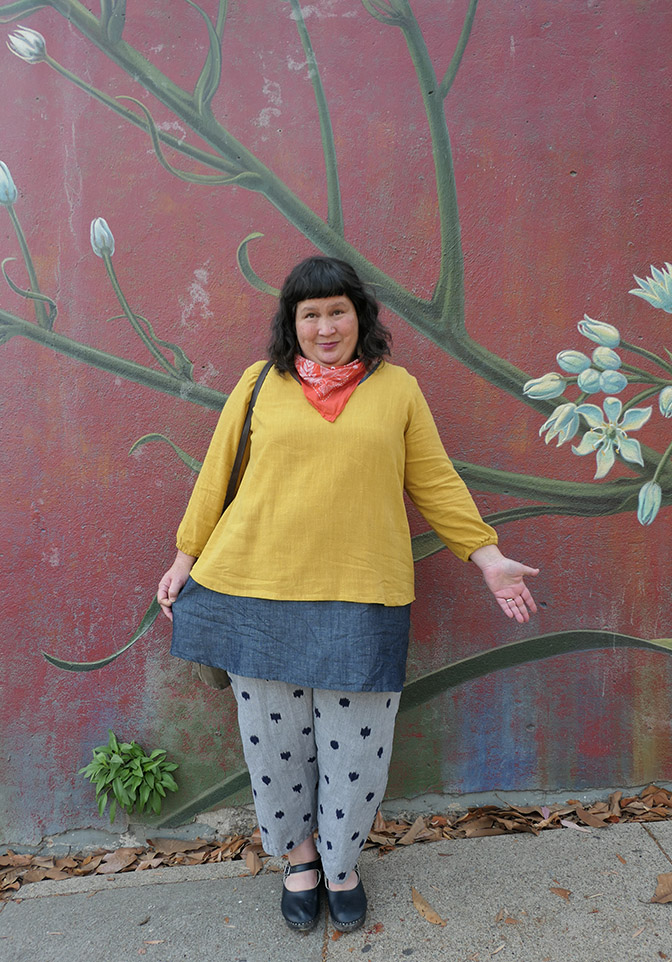
Now 47 in 2021, the San Francisco–based designer not only honors her true self, she’s shaped her career around empowering others to do the same. In 2012, Sonya sewed 100 outfits for herself, documenting the experience in a project called 100 Acts of Sewing. The following year she started teaching classes, released her first pattern, and the rest is herstory.
Now Sonya has a book that combines her self-made creative talents. The Act of Sewing: How to Make and Modify Clothes to Wear Every Day is an in-depth guide to sewing simple garments — with four full-size patterns and all the tricks of alteration and embellishment explained so that you can make a wardrobe all your own.
One of the things I love most about The Act of Sewing is that Sonya is mindful of multiple body types and each of her patterns comes in sizes ranging from XS to 5X. She includes insights on structural adjustments such as full bust, no bust, and long torso, along with a range of possible alterations and embellishments including sleeves, pockets, and hems.
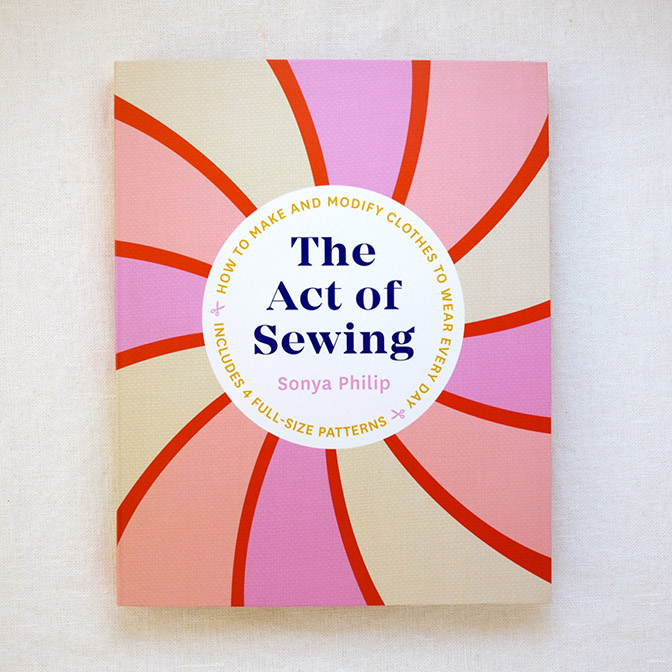
Sonya sees clothing as a form of self-expression and self-love — a way to communicate what you care about and how you view the world — and some of Sonya’s followers think about sewing their own clothing as a way to heal.
But Sonya hasn’t always been so body-positive. On the HartsFabric blog she said, “There was a time in my life, because of my size, where I tried to hide or camouflage my body and I wore a lot of black. I got to a point where I was tired of waiting to get to an ideal weight and decided to embrace my body as it is. I don’t have to think that much about what I wear, because it’s so often the same iteration of dress, pants and perhaps a cardigan, they’re just all in different colors. Getting dressed used to be such a painful experience, now it’s so much more fun.”
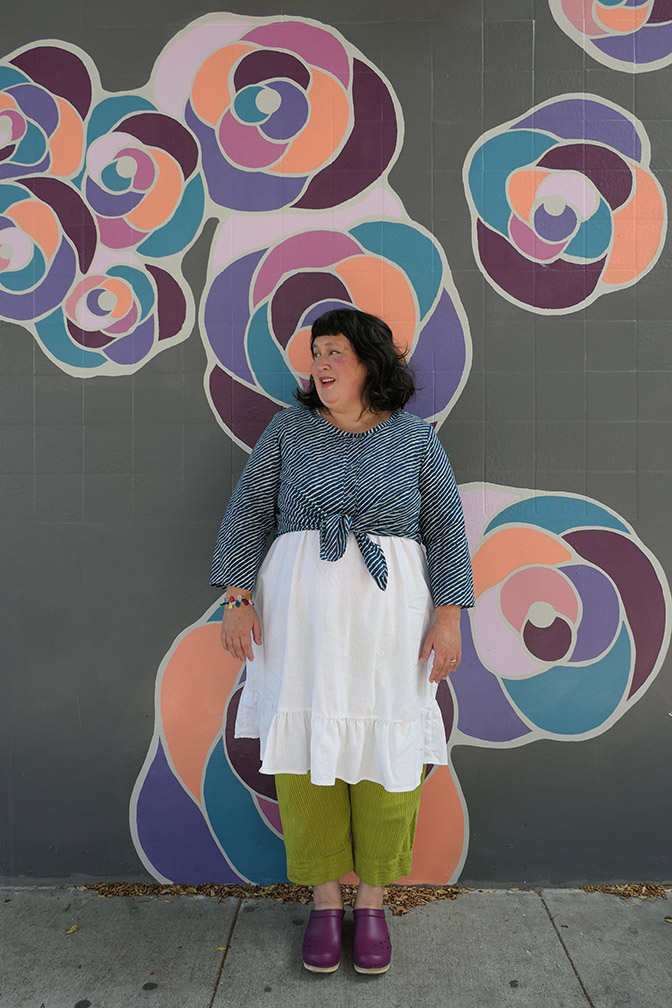
Body positivity isn’t Sonya’s only mission — she’s also determined to get people thinking about the process of how clothes are made, what manufacturing really costs, and ultimately how to make your own clothing. “Not enough people know how to sew,” she says. “Collectively, we are losing a skill and an appreciation for that skill. When I’m teaching, students bring with them all their questions and curiosity. I like to provide some answers, but moreover, guidance. Each person has their own unique point of view, and they often come up with methods of doing things that I had previously never considered. It becomes a collaboration of sewing and showing. I am continuously learning right alongside the people I teach.”
Here Sonya talks about how clothing and creativity are never one-size-fits-all.
You’re living the dream, no? You work full time as a self-employed designer, maker, teacher, and book writer. How long did it take you to get to this point?
I’m fortunate to have a partner whose income supported the family when I wasn’t making a whole lot. I started my company in 2013 and after I branched into wholesaling my patterns in 2015, I started making a decent profit. When my husband was laid off in 2018, we were able to make ends meet on my income during a protracted job search.
Did you have a day job before sewing? How did you make the transition into earning a living from doing what you love?
I worked a variety of part-time retail jobs while I raising three kids. The transition for me was going from being a mother and thinking primarily of my kids’ needs to developing my own voice and identity separate from that.

You’re more than just a creative force. You’re also a parent and activist. Do you view yourself as an agent of change?
My mindset shift definitely changed my life dramatically. I always thought the “reward” would come after — like, the nice things to wear after I lost weight. But it would never come.
One yo-yo diet after another, it was pretty dispiriting. Flipping that on its head made such a dramatic difference. That I could feel good and confident, regardless of how many pounds I weighed or my dress size? Mind-blowing! So I felt compelled to share it with as many people as possible. I’ve never really thought of myself as a change agent, but I guess that’s a description I’m happy to wear!
What’s your top tip for building a creative business?
Not being afraid of starting and staying small. There’s so much pressure to instantly be this big presence, saturate the market, and scale your business, but that takes time and money.
Related to that is the importance of finding a way to run your business that makes sense for you. Don’t compare yourself to established brands or larger companies. Whatever fancy tool they’re using to manage their sales or online presence won’t necessarily work for you and that’s perfectly all right. I also think that there’s so much to say for being nice and seeing other creative business owners as your colleagues and not your competition.
What’s one of your main jumbles and how do you find your flow?
My biggest jumble is time management. I seem to operate primarily in by-the-seat-of-my-pants mode and then take long breaks, which often end up being too long and then I have to play catch-up.
The way I find my flow is usually in nature, whether it’s pottering around in my little garden or taking walks with my dogs.

